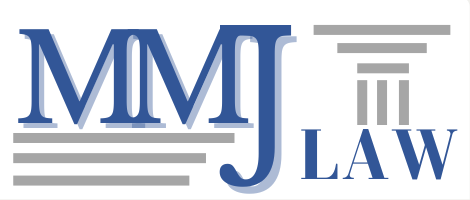August 18, 2025
At MMJ Law in Tampa, we often help clients strategically safeguard their real estate and investment assets through the combined use of limited liability companies (LLCs) and trusts . Whether you’re a seasoned investor or just starting to build wealth, protecting what you’ve worked hard to accumulate is essential. LLCs and trusts offer powerful, complementary tools to manage risk, avoid probate, and ensure your legacy is passed on according to your wishes. Our Tampa Real Estate Attorneys are here to protect your interests. Why Asset Protection Matters Without proper planning, your real estate and investment portfolios could be exposed to lawsuits, creditors, or a lengthy and costly probate process. If you own rental properties or maintain a significant brokerage account, a single lawsuit or legal misstep could jeopardize your financial future. Asset protection strategies involving LLCs and trusts are designed to reduce that risk while offering flexibility and control. The Role of LLCs in Asset Protection An LLC is a legal entity that separates your personal assets from those of your business or investment. If you own real estate—such as rental homes, vacation properties, or commercial buildings—placing each property in a separate LLC can shield your personal wealth from liability arising out of that property. For example, if a tenant sues due to an injury on the premises, only the assets of that specific LLC are at risk, not your personal savings or other investments. LLCs also work well for investment portfolios, especially when multiple members are involved or when used in family investment structures. They can provide centralized management, reduce tax liability, and support long-term succession planning. The Power of Trusts in Estate Planning A trust is a legal arrangement that holds and manages assets for the benefit of beneficiaries. When structured properly, trusts can bypass probate, maintain privacy, and offer robust control over how and when assets are distributed. For example, placing your LLC ownership interests into a revocable living trust allows your real estate and investment portfolio to be transferred smoothly upon death, without the delays or expenses of probate court. Alternatively, using irrevocable trusts can remove assets from your taxable estate and provide additional protection from creditors or lawsuits. Trusts can also include provisions to protect beneficiaries from poor financial decision-making, divorce, or other risks—making them ideal for families concerned about long-term financial stewardship. Combining LLCs and Trusts for Maximum Protection LLCs and trusts are even more powerful when used together. You can hold your real estate or investment accounts in an LLC and then transfer ownership of the LLC itself into a trust. This layered approach provides operational and legal protection during your lifetime, while ensuring efficient and private asset distribution upon your death. Seek Legal Assistance Today At MMJ Law , our Florida estate planning attorneys specialize in helping Tampa-area clients protect their assets using customized legal structures tailored to their financial goals. If you own real estate or maintain an investment portfolio, now is the time to make sure it’s protected. Contact our team today to learn how LLCs and trusts can work together to secure your future and your family’s legacy.







